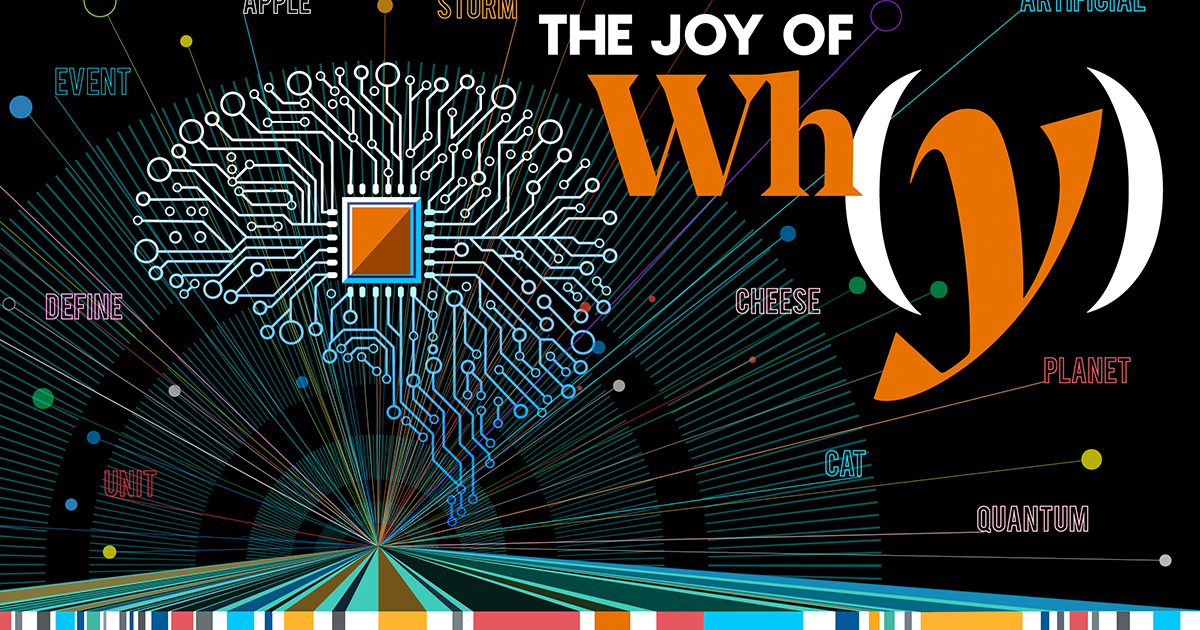Moving from the realm of traditional software engineering into the fast-paced, evolving landscape of artificial intelligence (AI) engineering can be both an exciting and intimidating journey. With constant developments and breakthroughs becoming almost a daily occurrence, AI has grown into an expansive domain that’s reshaping our world. If you’re a software engineer pondering a shift into this dynamic field, here are five crucial considerations that could guide your transition.
Fundamental AI Knowledge: Your Foundation Stone
The first step on this path requires you to gain a firm grasp on the core principles and concepts of AI. Machine learning algorithms form a critical component of AI. Algorithms such as linear regression, logistic regression, decision trees, and neural networks are the cornerstone of AI problem-solving approaches, and understanding their intricacies will lay the groundwork for your future work. While they may seem abstract and complex at first glance, mastering these algorithms can make you proficient in developing intelligent systems.
Moreover, you cannot overstate the importance of data structures like arrays, lists, and maps in AI. They form the backbone of information management, aiding in efficient storage and manipulation of data. Consequently, a solid understanding of these structures is an absolute necessity.
The AI world is also heavily reliant on specific programming languages. Python, R, and Java, in particular, are extensively used in AI development due to their rich libraries and flexibility. A high degree of proficiency in these languages is a strong asset for any budding AI engineer.
Lastly, the underpinnings of AI lie in statistical models, with concepts like hypothesis testing, probability distributions, and Bayesian inference serving as vital tools in an AI engineer’s toolkit. Understanding these can help you navigate the statistical complexities of AI problems.
Getting Comfortable with AI Tools and Frameworks
As an AI engineer, you will be using various tools and frameworks that make the development process more manageable. Popular platforms such as TensorFlow, Keras, PyTorch, and Scikit-learn offer robust capabilities for designing, training, and testing AI models. These tools simplify complex computational processes and facilitate the efficient implementation of machine learning algorithms.
However, every tool has its strengths and weaknesses, and the ‘best’ tool often depends on various factors related to your specific project. These factors may include the nature of the data you’re handling, the complexity of the AI model, and the availability of pre-trained models. By understanding these factors, you can choose the most effective tool to accomplish your project goals.
Building a Strong Grasp of Data Science
AI engineering and data science are intricately intertwined. Expertise in data analytics, data visualization, and data preprocessing is integral to the AI development process. These skills allow you to interpret complex data, present it effectively, and prepare it for use in AI models.
Equally important is your understanding of data cleaning techniques such as imputation and outlier detection. Real-world data is often messy, and these techniques can help you tackle issues related to incorrect, inconsistent, or missing data. Handling missing data effectively is particularly crucial, as improper handling can lead to misleading results.
Furthermore, feature engineering, which involves selecting and transforming relevant features for a model, is a critical aspect of data preparation. The quality of your feature engineering can significantly influence the performance of your AI models.
Staying on the Cutting Edge of AI
AI is a rapidly evolving field, and to thrive as an AI engineer, you must keep abreast of the latest developments and breakthroughs. One way to stay updated is by attending key industry conferences such as the Conference on Neural Information Processing Systems (NeurIPS) and the International Conference on Machine Learning (ICML). These gatherings offer valuable insights into new research, trends, and applications in AI, delivered by the top minds in the field.
Additionally, engaging with scholarly research is a surefire way to stay in touch with the cutting-edge advancements in AI. Journals like the Journal of Machine Learning Research (JMLR) and IEEE Transactions on Neural Networks and Learning Systems publish high-quality papers that can enrich your knowledge and foster innovative thinking. It might seem daunting at first, but the effort of dissecting these papers is usually rewarding.
Subscribing to industry-specific blogs and news outlets can also provide a continuous feed of the latest AI news and advancements. The AI section of Wired and the AI newsletter from the MIT Technology Review, for instance, offer a mix of in-depth articles, industry news, and thoughtful commentaries that can expand your understanding of the field.
Collaboration: The Key to Broadening Your AI Horizons
In AI, as in many technical fields, collaboration is vital. Teaming up with other experts in the field—be they data scientists, machine learning engineers, or fellow software developers—can lead to a rich exchange of ideas and experiences. This collaboration can expedite your learning curve, challenge your assumptions, and ultimately make you a better AI engineer.
Becoming part of online communities, such as the Machine Learning subreddit, can also prove incredibly beneficial. These platforms offer a space for discussions, queries, and sharing of resources, enabling you to learn from the collective wisdom of the community. Attending industry meetups and networking events can further help you build connections, gain diverse perspectives, and stay informed about opportunities in the field.
Parting Words
In conclusion, transitioning from software engineering to AI engineering is indeed a demanding journey, but it can also be immensely rewarding. Laying a strong foundation in the fundamentals of AI, equipping yourself with the appropriate AI tools and frameworks, developing a keen understanding of data science, staying current with the latest AI trends, and fostering collaborations with other experts are all integral steps towards becoming a proficient AI engineer. As you navigate this path, you will not only enhance your skills and knowledge but also make a significant contribution to the ever-evolving field of AI.




